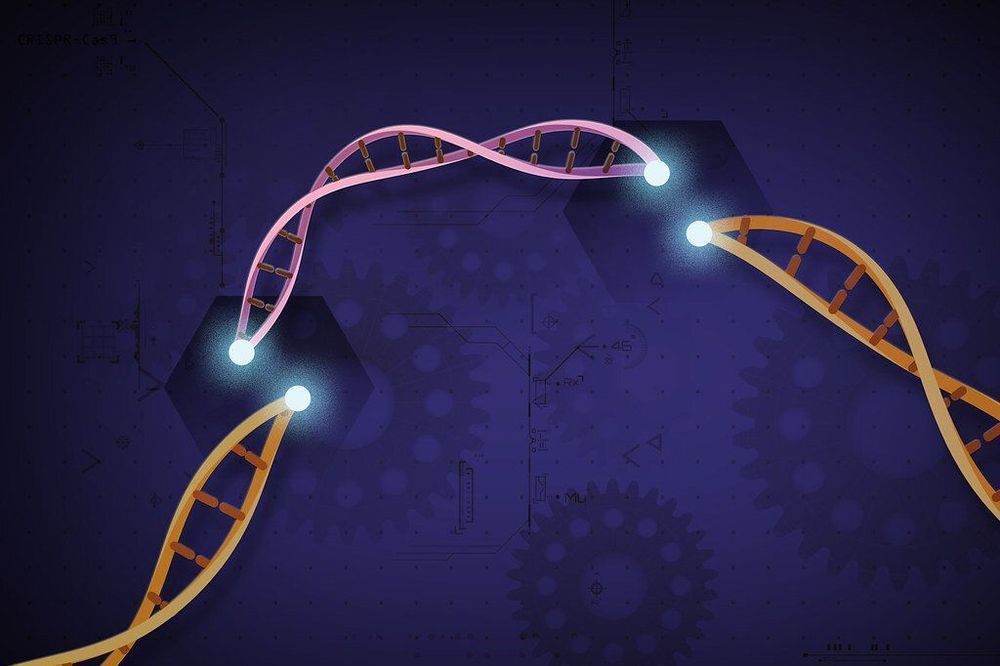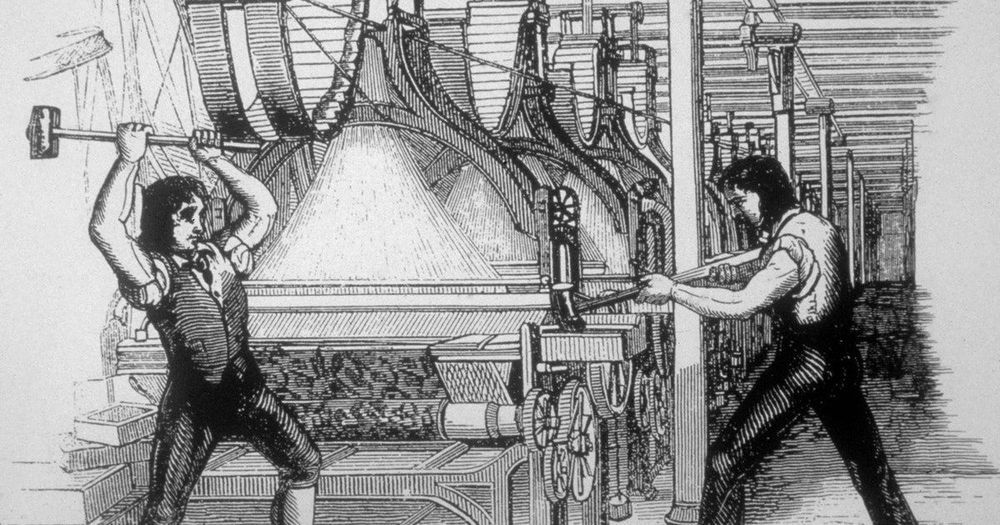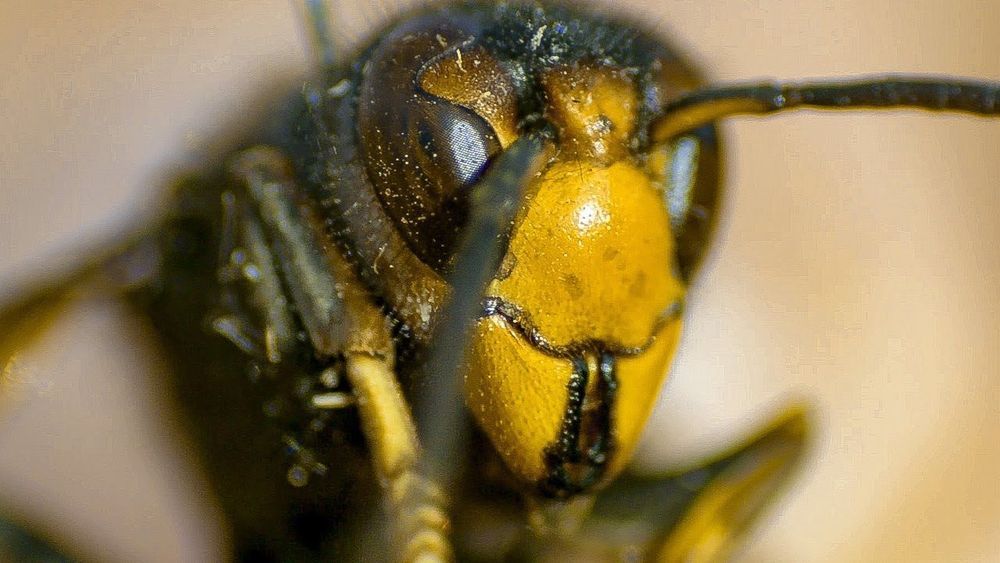
In a new publication in Nature Plants, assistant professor of Plant Science at the University of Maryland Yiping Qi has established a new CRISPR genome engineering system as viable in plants for the first time: CRISPR-Cas12b. CRISPR is often thought of as molecular scissors used for precision breeding to cut DNA so that a certain trait can be removed, replaced, or edited. Most people who know CRISPR are likely thinking of CRISPR-Cas9, the system that started it all. But Qi and his lab are constantly exploring new CRISPR tools that are more effective, efficient, and sophisticated for a variety of applications in crops that can help curb diseases, pests, and the effects of a changing climate. With CRISPR-Cas12b, Qi is presenting a system in plants that is versatile, customizable, and ultimately provides effective gene editing, activation, and repression all in one system.
“This is the first demonstration of this new CRISPR-Cas12b system for plant genome engineering, and we are excited to be able to fill in gaps and improve systems like this through new technology,” says Qi. “We wanted to develop a full package of tools for this system to show how useful it can be, so we focused not only on editing, but on developing gene repression and activation methods.”
It is this complete suite of methods that has ultimately been missing in other CRISPR systems in plants. The two major systems available before this paper in plants were CRISPR-Cas9 and CRISPR-Cas12a. CRISPR-Cas9 is popular for its simplicity and for recognizing very short DNA sequences to make its cuts in the genome, whereas CRISPR-Cas12a recognizes a different DNA targeting sequence and allows for larger staggered cuts in the DNA with additional complexity to customize the system. CRISPR-Cas12b is more similar to CRISPR-Cas12a as the names suggest, but there was never a strong ability to provide gene activation in plants with this system. CRISPR-Cas12b provides greater efficiency for gene activation and the potential for broader targeting sites for gene repression, making it useful in cases where genetic expression of a trait needs to be turned on/up (activation) or off/down (repression).

















